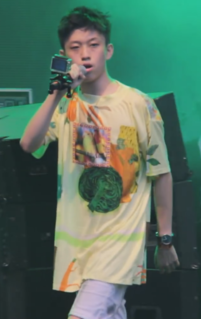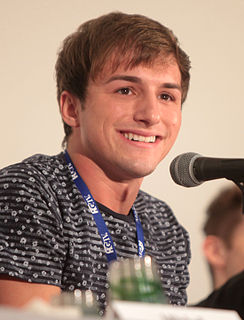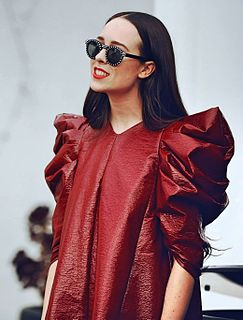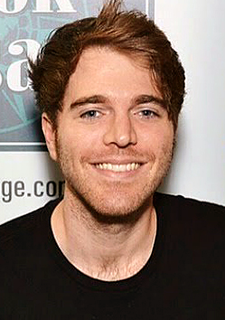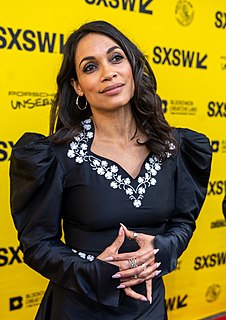A Quote by Rich Brian
At, like, 11, I think, that was just me watching a lot of YouTube videos, and I whenever I had the chance, I would talk to myself, practise pronunciation. Then I found out about hip hop and became friends with American people through Twitter. I was like, 'Yo, I need to be in a country where everybody speaks the same language.'
Related Quotes
I think that's one thing that hinders hip-hop and I think when everybody tries to be the same... That's why people look at the 1990s almost like it was a golden era in hip-hop 'cause it was so much diversity in the music and in the artists. It wasn't everybody just trying to paint the same picture and say it with the same flow.
A lot of the things I do deal with my race, but my race is who I am. I'm an American kid who grew up listening to predominantly hip-hop. I will talk about hip-hop as the music I grew up listening to, and I think sometimes people like to put it as, 'Oh, well, he's talking about black things.' And, yeah, they are, but that's my American identity.
I think that I would really like at first for the art to speak for itself. I don't see the need for a lot of personal information about my past or who I am. I would rather the personal side of it just be in the concepts and the genuine feelings that I filter through my work. I know that it's inevitable that people can find whatever they want about me. Once I've had a chance to create a language and a world with my art, then I'm more comfortable sharing that information.
In this time, we incorporate money and media, and it's split up like apartheid, where when you say "hip-hop," you think just rap records. People might have forgot about all the other elements in hip-hop. Now we're back out there again, trying to get people back to the fifth element, the knowledge. To know to respect the whole culture, especially to you radio stations that claim to be hip-hop and you're not, because if you was a hip-hop radio station, why do you just play one aspect of hip-hop and rap, which is gangsta rap?
Socially, hip-hop has done more for racial camaraderie in this country than any one thing. 'Cause guys like me, my kids - everyone under 45 either grew up loving hip-hop or hating hip-hop, but everyone under 45 grew up very aware of hip-hop. So when you're a white kid and you're listening to this music and you're being exposed to it every day on MTV, black people become less frightening. This is just a reality. What hip-hop has done bringing people together is enormous.
